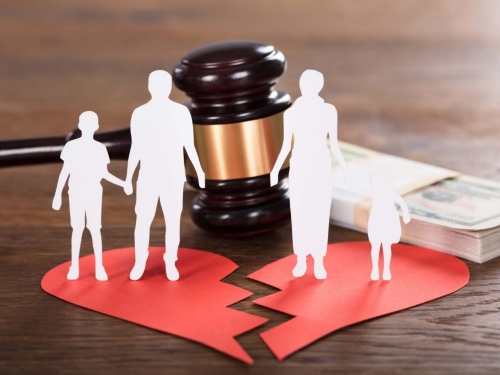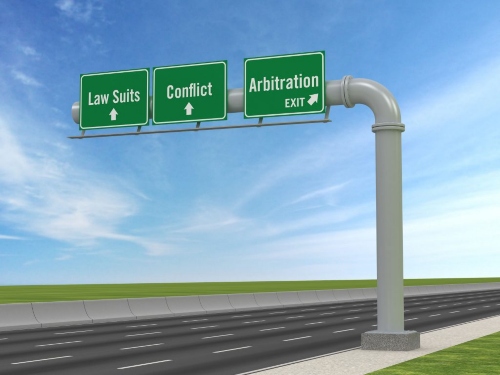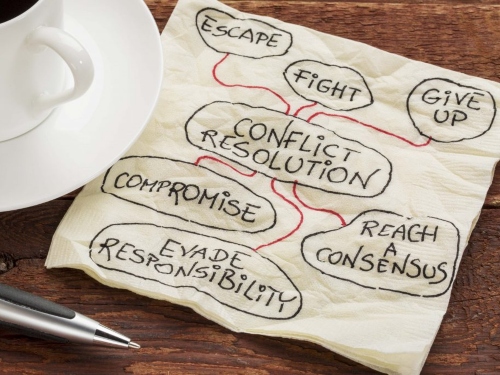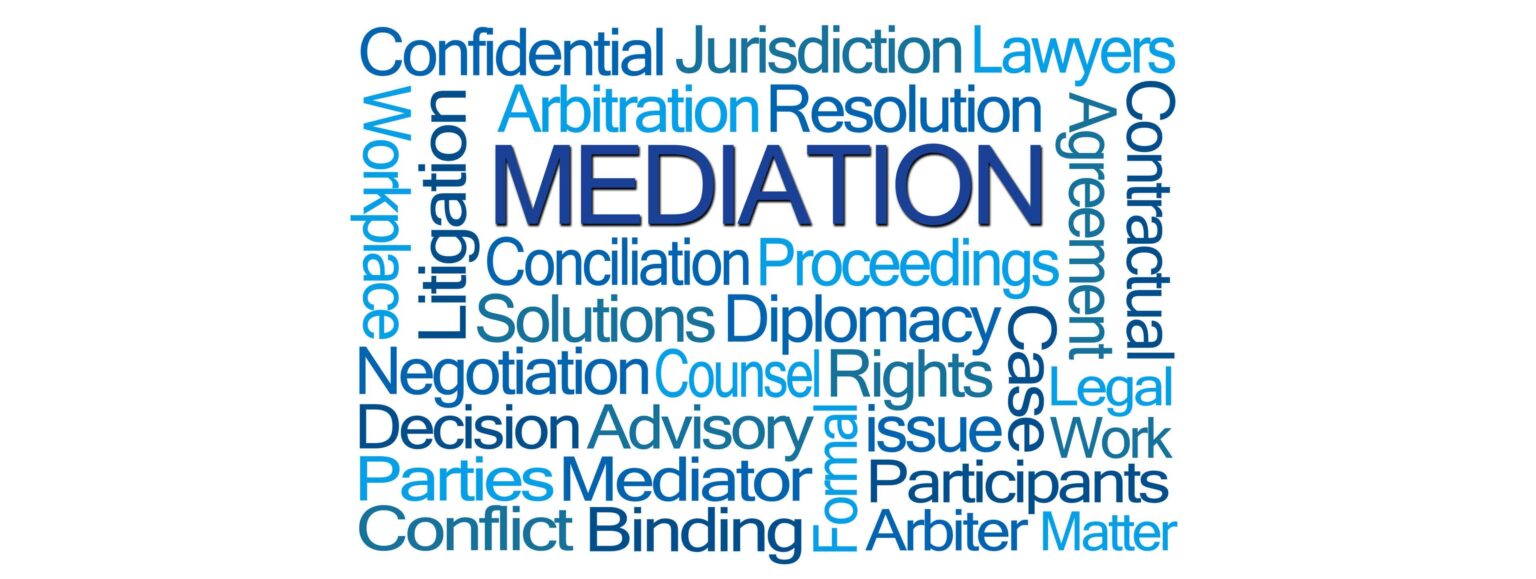
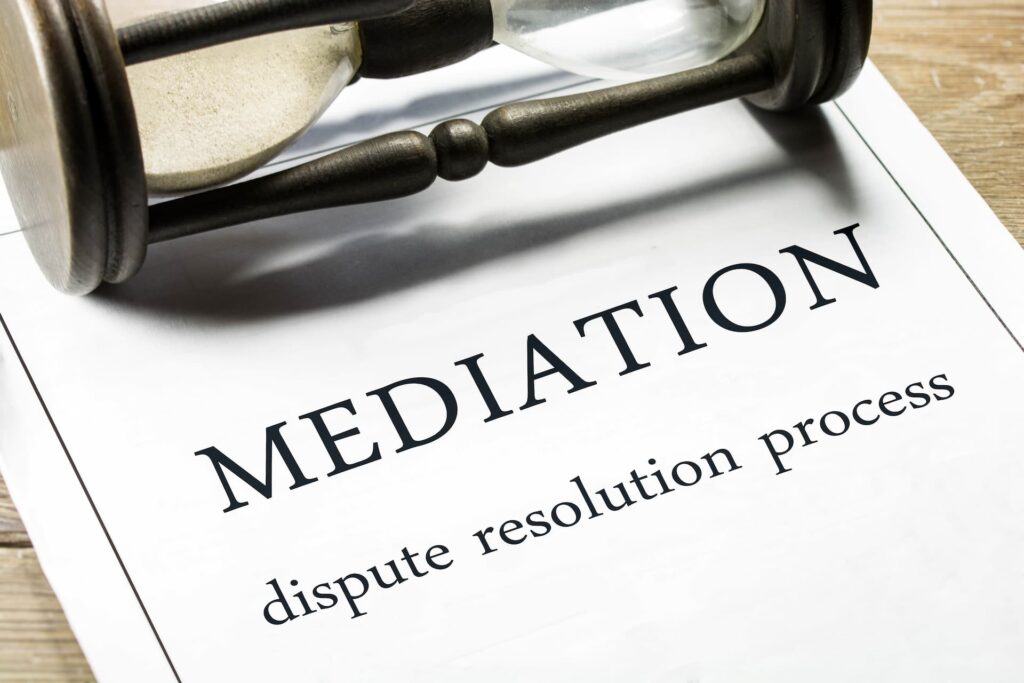
The following is from flcourts.org
Mediation is defined by Florida Statute 44.1011: “Mediation” means a process whereby a neutral third person called a mediator acts to encourage and facilitate the resolution of a dispute between two or more parties. It is an informal and non-adversarial process with the objective of helping the disputing parties reach a mutually acceptable and voluntary agreement. In mediation, decision making authority rests with the parties. The role of the mediator includes, but is not limited to, assisting the parties in identifying issues, fostering joint problem solving, and exploring settlement alternatives.
Florida has one of the most comprehensive court connected mediation programs in the country. In 1988 Florida implemented “The Mediation Alternatives to Judicial Action.” It has revised the Statute several times since then, and procedural rules, certification qualifications, ethical standards, grievance procedures, training standards, and continuing education requirements for mediators have been implemented.
Additionally, because mediation is a discussion between the parties, it can be much quicker and cost-effective than the formal trial process. Moreover, if you resolve the dispute at mediation, you are not gambling on what the judge or jury might decide. In a trial, the final decision will be made by the judge or the jury (if there is a jury). It is uncertain what decision will be made at trial, but you will be bound by that decision, regardless of whether you agree with or like the outcome of the trial. At mediation, the parties make the decisions. Ultimately, mediation saves on expense and stress.
Court-ordered mediation must begin with an introduction by the mediator explaining the process and the role of the mediator. Among other things, the mediator should explain that the parties make the decisions, not the mediator. The mediator’s introduction is usually followed by an opportunity for you and the other party to describe your concerns. If your lawyer is with you at mediation, these opening remarks may be made by you, your lawyer, or both of you. After these initial proceedings, how the mediation is conducted varies. The mediator usually will meet with both parties together to discuss the issues to help you work out your differences. The mediator may also meet with each party privately. This separate meeting is called a caucus. Generally, unless you give the mediator permission to repeat what you say in caucus, the mediator is prohibited from sharing what is discussed.
If you are represented by a lawyer, you and your lawyer will decide how you will interact during the mediation. Some lawyers instruct their clients not to talk during mediation; however, it is important for you to know that you are allowed to speak to the mediator at any time.
Eventually, the mediation will end in one of three ways: 1) the parties reach an agreement as to some or all issues – all parties (and their lawyers, if present) must sign the agreement, which becomes enforceable by the court; 2) the mediator declares an impasse (because you, the other party, or both are unwilling to continue discussing resolution); or 3) the mediator, with the parties’ consent, continues the mediation session by adjourning for the day. If the mediator declares an impasse as to some or all issues, then you and the other party will have to go back to court to have the judge or jury (if there is one) decide your case. (Citing flcourts.org).
At Rochen Mediation, we recognize the physical, emotional, and fiscal stresses associated with litigation, which is why we are unwavering in our efforts to help parties resolve disputes without having to engage in prolonged litigation. Accordingly, we offer many services focused on pretrial resolution of disputes.
MEDIATION & ARBITRATION SERVICES


